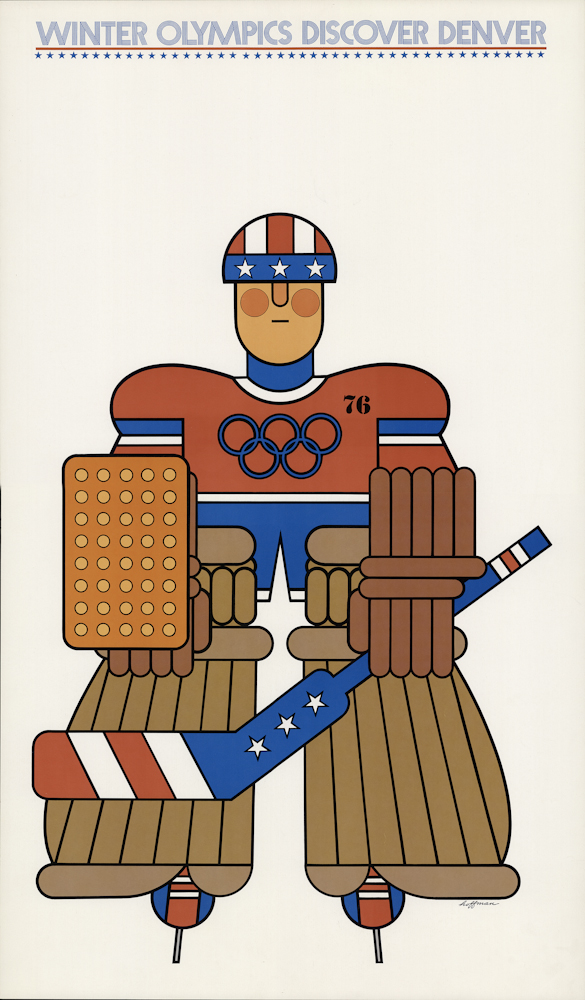Story
This Week in Colorado History
Denver Named Host City for 1976 Winter Olympics
“We meet again in Denver in 1976” read across the stadium board at the closing of the 1972 Winter Olympics in Sapporo, Japan. But the world would not convene in Denver. Dorothy Hamill would skate her way to Olympic gold in Innsbruck, Austria instead. And Denver becomes the first, and only, city to ever win the bid to host the games and then reject them.

Some of the events, like figure skating and ice hockey, were to be held at the Colosseum and DU.
The campaign to vie for the XII Olympic games began in the 1960s, and became a reality 45 years ago this week on May 12, 1970 where Denver beat out Sion, Switzerland; Tampere, Finland; and Vancouver, Canada. Denver already had facilities to house several events, but it was lacking one important factor: the mountains. To combat this issue, the Denver Olympic Organizing Committee (DOOC) proposed to hold events in close proximity to Denver. However, the DOOC’s idea of the alpine events at Mount Sniktau, near Loveland Pass, and nordic events in Evergreen and Indian Hills was greeted with severe community hostility.

Bumper sticker from POME opposing the Games.
Preserve Our Mountain Environment collection, Mss.00735
Scan # 30002770
Starting with neighborhood protests, community members and environmentalists argued that Denver’s climate was too mild to host the games, and an enormous amount of the already limited water supply would be needed to make the artificial snow. Plus the wear and tear of such an undertaking like the Olympics would damage the landscape, as well.
In response, the DOOC decided to move the alpine events to Vail, and the Nordic events to Steamboat Springs, but that backfired as well. Opponents, such as the organization Protect Our Mountain Environment (POME), claimed that Colorado didn’t have the infrastructure to support the high volume of traffic that would flood the I-70 corridor, and it would dramatically increase the estimated cost of the games. Ultimately it came down to a vote. In a 1972 referendum, Coloradans voted to prohibit the use of state funds to pay for the Olympic games. Without those funds, Denver could not possibly host the games.
Denver then had to do the unprecedented: reject the International Committee’s (IOC) decision. The IOC quickly moved the games to Innsbruck, Austria who had hosted them only eight years prior. To some, the rejection was a colossal setback in Colorado’s bid to become world famous for its alpine terrain. But it was also to be the nation’s bicentennial in 1976, but it also was Colorado’s 100th birthday. Many felt that the prestige associated with the honor of hosting the Olympic Games would have been a great way to celebrate.Yet, voters defied enormous international pressure to protect their environment and economy. That took real hutzpah.
Coloradans decided that Denver wasn’t ready for the Olympics in 1976, but some continue to hope. There was increased buzz about hosting them in 1998 and then again for the 2022 Games. While the IOC has passed Denver over for 2022 consideration, maybe that won’t be the case for the 2026 Winter Games. With the massive influx of people seeking the perfect balance between city and nature, Denver has become a haven for growth, as well as a mecca for winter sports. Maybe one day it can boast to be the only city to win, reject and then eventually win the bid again for the Olympic Games.
History Colorado houses a large collection of manuscripts from the DOOC and POME, which you can visit in person.

